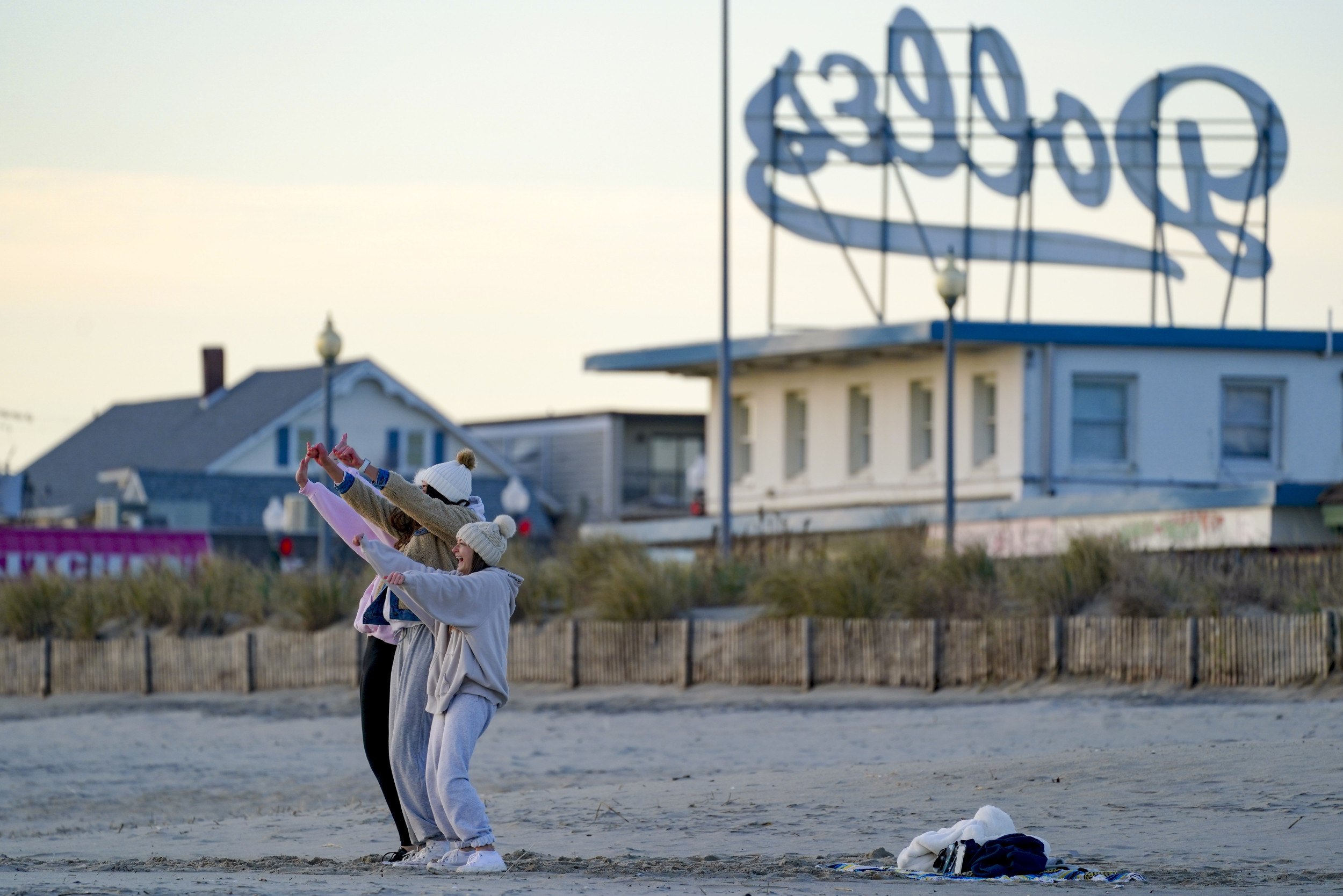lt;pgt;Doctors say an 18-year-old French girl who was born HIV-positive in 1996 is still in remission from the virus despite not having received treatment for over 12 years.lt;/pgt; lt;pgt;French doctors who treated the girl during childhood at the Institut Pasteur in Paris presented details of the case at the eighth International Aids Society (IAS) conference in Vancouver on Monday.lt;/pgt; lt;pgt;The case is the first-known example of a HIV-positive child being in long-term remission years after finishing taking anti-HIV treatment.lt;/pgt; lt;pgt;According to doctors, the girl was born in Paris in 1996 to an HIV-positive mother. It is not known if the infant contracted the virus whilst in the womb or during her birth.lt;/pgt; lt;pgt;As soon as the girl was born, clinicians prescribed her lt;a href=quot;https://uk.news.yahoo.com/doctors-teens-hiv-check-12-years-without-drugs-180738293.html#tDhPW7Cquot; rel=quot;nofollowquot;gt;zidovudinelt;/agt;, or AZT, a drug designed to prevent the infection from taking hold. This initial treatment lasted for one month, until tests revealed that the infant still had a high levels of HIV in the blood.lt;/pgt; lt;pgt;Three months later, doctors prescribed the infant a combination of anti-retroviral drugs, which she continued to take until her family decided to cease the treatment 12 years ago when she was six years old.lt;/pgt; lt;pgt;For over six months doctors had no contact with the infant or her parents, until she was brought back to the hospital for tests. Results from the tests showed no trace of the HIV virus 6 months on from the end of her treatment.lt;/pgt; lt;pgt;Now, at the age of 18, the girl#039;s viral load is still too low to be measured by doctors, specialists told attendees at the (IAS) conference, implying that her body#039;s immune system has continued to work against the virus without the aid of medicines, keeping her alive for over 12 years.lt;/pgt; lt;pgt;Reacting to the new case detailed in Vancouver on Monday, Professor Sharon Lewin, director of the Peter Doherty Institute for Infection and Immunity at the University of Melbourne in Australia, told the lt;a href=quot;http://www.bbc.co.uk/news/health-33542749quot; rel=quot;nofollowquot;gt;BBClt;/agt;: quot;The French teenager case provides strong evidence yet again of the powerful benefits of starting anti-HIV treatment as early as possible.quot;lt;/pgt; lt;pgt;Dr Rashida Ferrand, a senior lecturer in clinical epidemiology at the London School of Hygiene Tropical Medicine who travelled out to Canada for the IAS conference, told Newsweek that the new case a very exciting breakthrough for HIV research.lt;/pgt; lt;pgt;quot;It will provide doctors with a window of opportunity to understand the pathogenesis of HIV, in terms of how the complex immune system operates,quot; Ferrand says.lt;/pgt; lt;pgt;While the new case may prove that early, aggressive treatments are most effective in treating the HIV, Dr. Ferrand and many other specialists also err on a side of caution, citing the rarity of this particular girl#039;s case and the need for more testing into effective early methods of detection of the virus itself.lt;/pgt; lt;pgt;French virologist Francoise Barre-Sinoussi, who won the Nobel Prize in 2008 for identifying HIV, called for more comprehensive studies into the detection of HIV. quot;We need to try to find other such cases—and find out their markers, to see whether we can predict remission,quot; she lt;a href=quot;http://www.bbc.co.uk/news/health-33542749quot; rel=quot;nofollowquot;gt;saidlt;/agt;.lt;/pgt; lt;pgt;Warning of the prematurity of HIV research, Dr. Ferrand says, quot;We have to put this case into perspective. It is just one girl and she is not completely cured, she still has the virus detectable in her DNA.quot;lt;/pgt; lt;pgt;quot;We still have a very long way to go to find an overall cure,quot; Ferrand says.lt;/pgt; lt;pgt;The HIV virus lt;a href=quot;http://www.nhs.uk/conditions/HIV/Pages/Introduction.aspxquot; rel=quot;nofollowquot;gt;attackslt;/agt; the body#039;s immune system and weakens a person#039;s ability to fight infections and diseases. It is most commonly caught by having unprotected sex, sharing infected needles or is passed on from an HIV-positive mother to her child during pregnancy, childbirth or breastfeeding.lt;/pgt; lt;pgt;There have been other cases of children born with HIV controlling the virus without the aid of modern medicine. However, these few lt;a href=quot;http://www.hopkinsmedicine.org/news/media/releases/hiv_returns_in_mississippi_baby_after_two_year_remission_quot; rel=quot;nofollowquot;gt;caseslt;/agt; eventually resulted in viral recurrence.lt;/pgt; lt;pgt;According to the lt;a href=quot;http://www.who.int/features/factfiles/hiv/en/quot; rel=quot;nofollowquot;gt;World Health Organizationlt;/agt; (WHO), there were approximately 36.9 million people worldwide living with HIV/AIDS as of 2014. Of these, 3.2 million were children under the age of 15.lt;/pgt;
Uncommon Knowledge
Newsweek is committed to challenging conventional wisdom and finding connections in the search for common ground.
Newsweek is committed to challenging conventional wisdom and finding connections in the search for common ground.
About the writer
To read how Newsweek uses AI as a newsroom tool, Click here.








